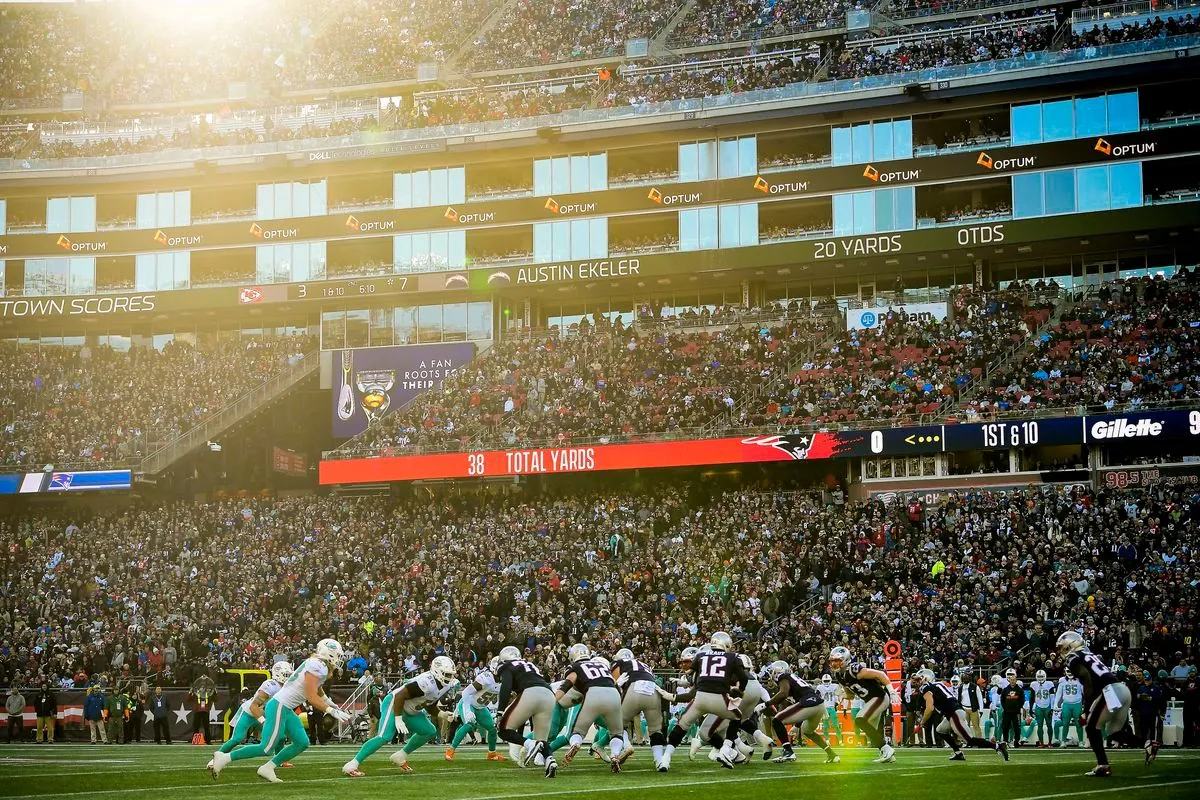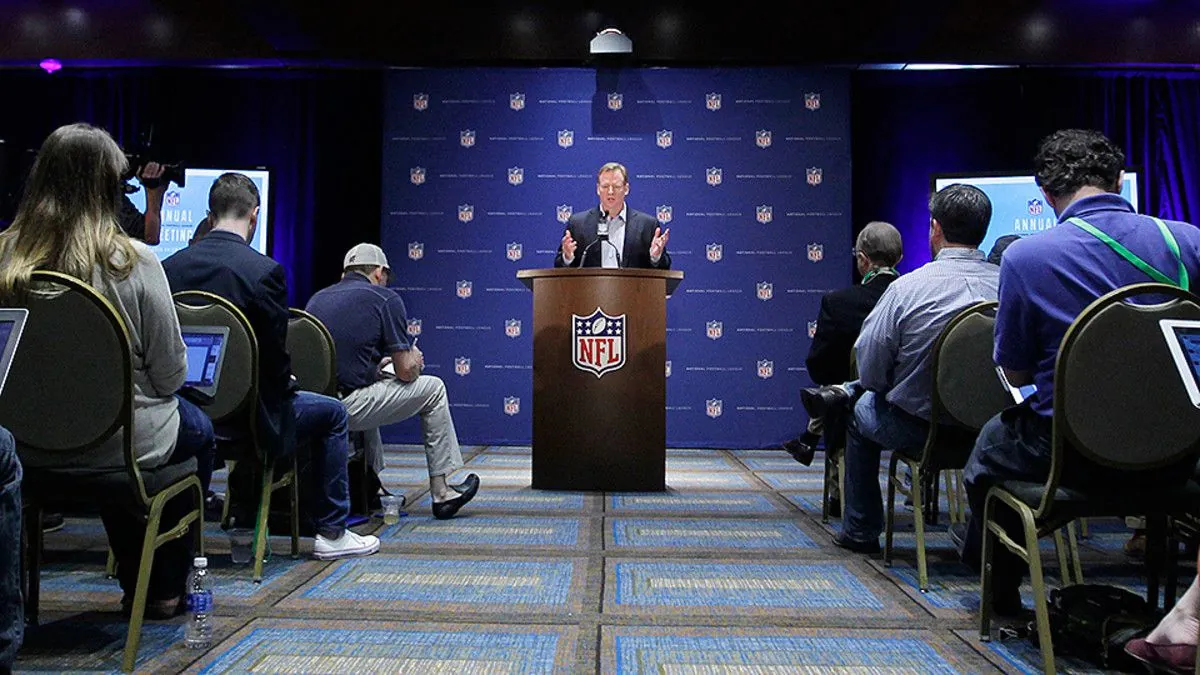NFL Opens Door to Private Equity, but with Strict Rules
The NFL has voted to allow private equity investment in teams, but with significant restrictions. This move comes as team values soar, presenting both opportunities and challenges for investors.

The National Football League has made a groundbreaking decision, opening its doors to private equity investment for the first time. On August 27, 2024, NFL owners voted to permit a select group of private equity firms to invest in teams, marking a significant shift in the league's ownership structure.
This move comes as NFL franchises have seen remarkable value appreciation. In the past decade, the average team's worth has quadrupled, reaching over $5 billion in 2023. This growth is exemplified by the recent sale of the Washington Commanders for $6.1 billion, a substantial return on the $800 million investment made in 1999.
However, the NFL's invitation to private equity comes with stringent conditions. Investments are capped at 10% ownership, and firms must commit a minimum of $2 billion with extended holding periods. The league is also seeking a share of any profits from stake sales.

The NFL's decision reflects the growing intersection of sports and high finance. Private equity firms, known for their aggressive investment strategies, now face a unique challenge in adapting to the NFL's terms. This situation reverses the typical power dynamic, where these firms often dictate terms to their investors.
"We are excited to welcome private equity investment while ensuring the long-term stability and integrity of our league."
The selected firms, including Arctos Partners, Ares Management, and a consortium involving Blackstone and Carlyle, must navigate these new restrictions. This may require tapping into different capital sources, potentially affecting their traditional fee structures and investment strategies.
This development occurs against the backdrop of the NFL's complex financial ecosystem. The league's revenue sharing model, which distributes about 60% of total revenue equally among teams, has been a cornerstone of its economic stability. Additionally, the NFL's lucrative TV contracts and the booming fantasy football industry contribute to its financial success.
As the 2024 NFL season approaches, starting on September 5, the league continues to evolve. From its humble beginnings in 1920 to becoming a global entertainment powerhouse, the NFL has consistently adapted to changing times. This latest move into private equity investment, while cautious, signals the league's willingness to explore new financial frontiers.
The NFL's decision also raises questions about the future of sports ownership. With the Green Bay Packers remaining the only publicly-owned franchise, this new private equity model could pave the way for more diverse ownership structures in professional sports.
As private equity firms prepare to enter the NFL arena, they face a unique playing field. The challenge lies in balancing their traditional investment strategies with the NFL's established norms and regulations. The outcome of this new partnership will likely influence the future landscape of sports finance and ownership.


































